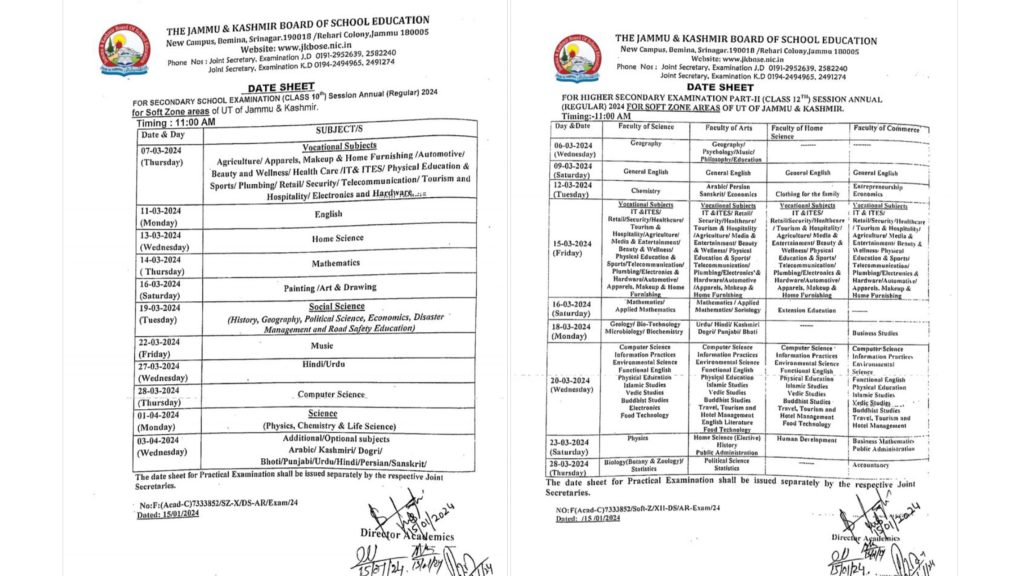Education
What is a professional rut and how can employers and employees deal with it?


By Kajal Sharma - 25 Jan 2024 09:29 PM
Two strategies that employees can use to break free from a professional rut or the feeling of being stuck in a job are to look for new mentors and acquire new skills. Here are some additional strategies to help you through this phase of your career.Priyanka Srivastava, a solution architect for an IT company, remembered how, as a technical quality manager in 2021, she had begun to feel that she was "almost done with the way things were"—a sensation known as a career rut. I therefore began to request work that I believed was more productively related. I was able to train one of our top clients with assistance from one of my managers. That made a big difference. After 11 years of hard effort, I obtained my first onsite job," remembered Srivastava. She was able to break out from her stagnant situation when she was given the opportunity to take on a functional role inside the organization.With six-year veteran HR specialist Vignesh Raghupathy, something similar happened. The decision to leave that zone and start over in a new setting with a new team came "under a tremendous amount of work pressure, lack of support from his team, and even lack of clarity from the company," as Raghupathy remembered.
It seems like being in a rut when you work at a job that is monotonous and produces little output. In any very demanding work setting, it leads to feelings of disappointment and contempt. "Being in a career rut is defined as a state in which one feels completely unmotivated, dissatisfied, or stuck in their current employment or career path. It is typified by a sense of disillusionment, monotony, and a sense of being stuck in a work routine that no longer leads to advancement or fulfillment, according to Dr. Somdutta Singh, a serial entrepreneur, advisor to the Indian government, and founder and CEO of Assiduus Global Inc. (core committee member of WEP-Niti Aayog).A professional rut is more like a combination of circumstances that keep you stuck in your career than just not loving your job. It's possible that you are burnt out, that your beliefs don't align with your work, or that you are not learning anything new. Consider it like trying to solve a puzzle: in order to solve the issue, you must identify the components that are the source of the problem.
Understanding the warning signals of a career rut is the first step to taking back control of your work life. According to Jaisleen Kaur, an image consultant, life coach, and trainer of soft skills, "acknowledging these feelings is crucial for personal and professional growth, whether it is a lack of enthusiasm, monotony in daily tasks, or a persistent feeling of unfulfillment."Two strategies that employees can use to break free from a professional rut or the feeling of being stuck in a job are to look for new mentors and acquire new skills. A bad work environment and burnout can result from a number of things, according to experts, including inadequate leadership, communication problems, and an unbalanced work-life schedule.
























